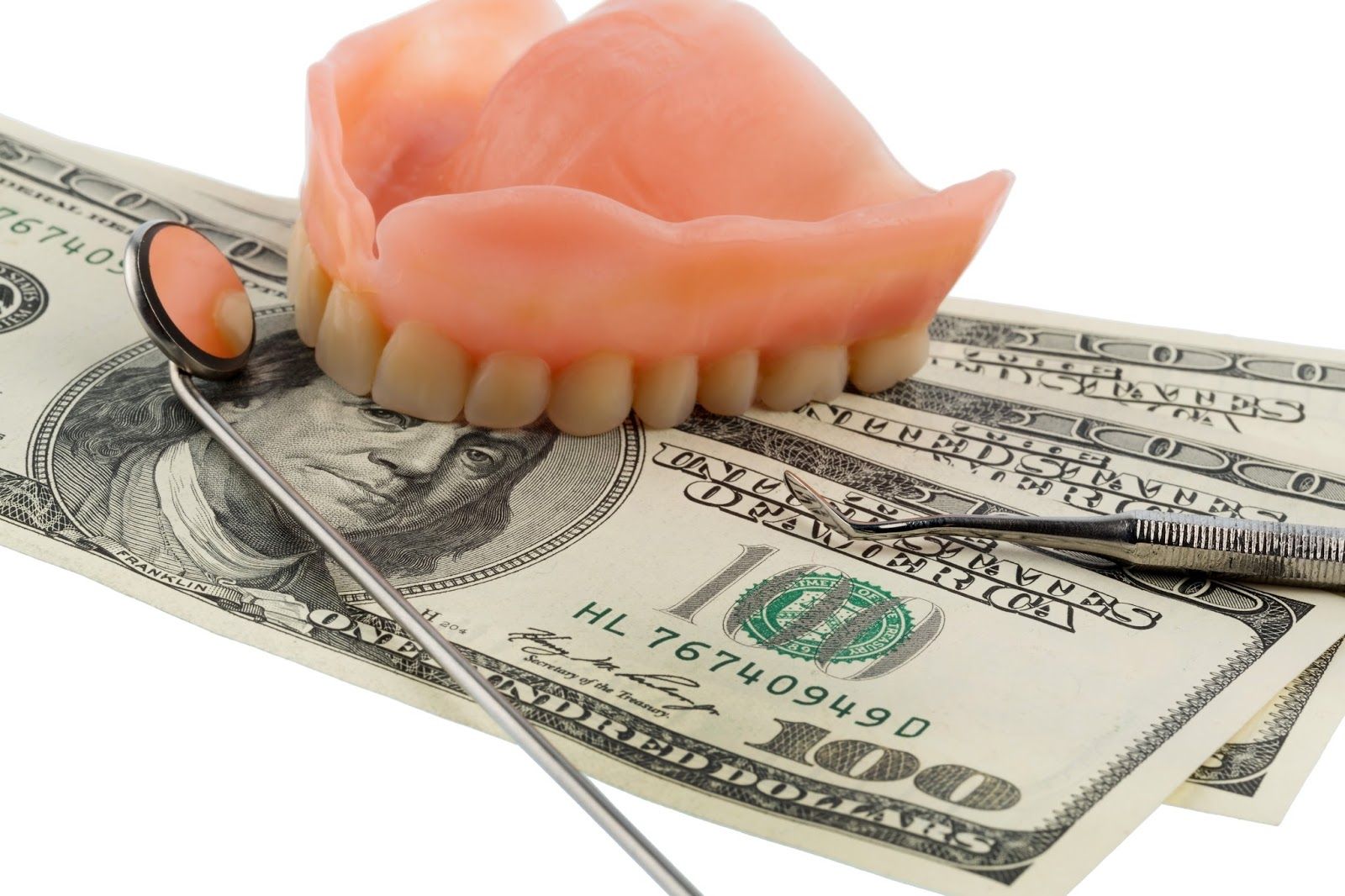- Best Practices New Normal
- Digital Dentistry
- Data Security
- Implants
- Catapult Education
- COVID-19
- Digital Imaging
- Laser Dentistry
- Restorative Dentistry
- Cosmetic Dentistry
- Periodontics
- Oral Care
- Evaluating Dental Materials
- Cement and Adhesives
- Equipment & Supplies
- Ergonomics
- Products
- Dentures
- Infection Control
- Orthodontics
- Technology
- Techniques
- Materials
- Emerging Research
- Pediatric Dentistry
- Endodontics
- Oral-Systemic Health
8 Tips to Help Protect Your Practice Against Embezzlement
Embezzlement adds up to $25 billion in annual losses for medical practices across the country, and it's coming from inside the practices. Here's what you need to know to protect your practice.

Embezzlement can do serious damage to your practice, and no matter how safe you feel, it's best to be prepared.
Embezzlement adds up to $25 billion in annual losses for medical practices across the country every year, and — surprise! – it usually has nothing to do with complicated schemes from outsiders. More often than not, the culprit can be found within the victimized office.
If that’s not enough to send chills up your spine, consider this: According to the 2017 HISCOX Embezzlement Study: A report on white collar crime in America roughly 29% of embezzlement schemes lasted more than five years before anyone noticed. It’s a harrowing statistic and highlights how imperative it is to bake preventative measures into your practice’s business plan.
Here are eight ways you can make sure your practice is secure from embezzlement.
1. Let your employees know you take it seriously
Establishing a zero-tolerance policy for embezzlement and fraud is a great deterrent to anyone who thinks they might be able to catch you “sleeping on the job.” Be transparent with your employees about the measures you’ve taken to prevent embezzlement, as well as the consequences for failure to adhere to any guidelines you’ve set. If you also prepare all financial policies and procedures in writing, everyone will be accountable for understanding the rules.
2. Show appreciation for your staff
A culture of zero tolerance is necessary to establish, but it’s never wise to force your employees to live in fear. Show that you genuinely appreciate their work by offering competitive pay, benefits, and maybe throw a party for them once in a while. Cultivating a positive environment will encourage your employees to work their very best and disincentivize attacks on your business.
3. Verify all vendors
Make sure you know who you are giving money to. It’s possible that a vendor could be working under an alias in order to take money from your practice right under your nose. Double check their credentials and make sure they don’t have a conflict of interest within your practice.
4. Create a system of checks and balances
By doing this you will make sure all financial transactions are checked and double checked by multiple people. No one person will control all parts of every transaction, thus spreading out accountability. Sharing the responsibility of protecting your finances will not only put more eyes on the process but relieve everyone from complete oversight over any one process. After all, “Absolute power corrupts absolutely.”
5. Review bank statements at the end of every month
If you haven’t built this into your practice already, it’s a sure-fire way to make sure your financial flow runs smoothly. Reconcile your accounts against the deposits and expenses you noted throughout the month. You can also have a third-party client handle this who isn’t in charge of overseeing your finances or disbursements, in case you want a completely unbiased eye.
6. Protect Petty Cash
Limit the access to these unprotected funds and keep them in a locked box. Those that have the key must have earned your trust.
7. Protect checks from fraud
Any checks you receive should be recorded and deposited immediately following receipt. Don’t let them linger in a drawer. You can also deface any voided checks as well as mark checks that are already deposited. Keep your blank checks in a locked drawer, and again, entrust the key only to your inner circle employees.
8. Avoid related party transactions
A related party transaction is one between an entity that has a close association with the party making the transaction, like parents or subsidiaries. In order to avoid ethical issues that can arise, make sure you are operating with a written code of ethics policy that is easily accessible to all employees.
According to a Medical Management Association poll, 81% of respondents said that they were already protecting their practice from embezzlement. While this is good news, it also means 19% aren’t. If you fall in this 19% category, you can take eight easy steps to make sure you get safe today.
America's ToothFairy Initiative Bridges Dental Care Gap for Vulnerable Children
April 18th 2024America's ToothFairy, a nonprofit organization, aids safety-net dental clinics in providing essential care to children in need, with their recent online auction raising money to support access to dental services for thousands of vulnerable kids.
